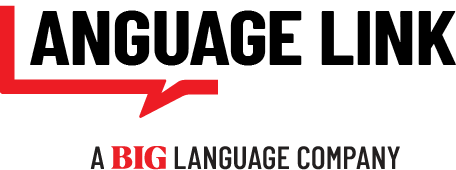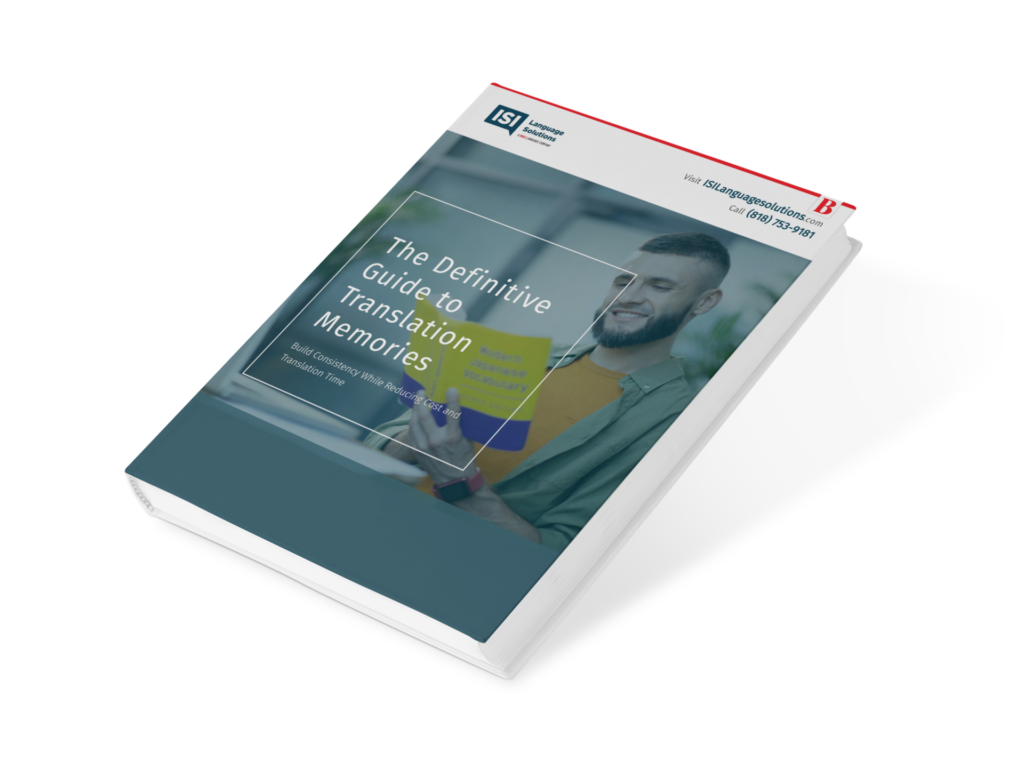Terminology can vary dramatically within medical sectors, depending on the field, the context, and the stakeholders in the discussion. The resulting differences in tone, terminology, and nuance can be lost during the translation process if the translator does not understand the following four key differences in healthcare, medical, life science, and pharmaceutical content.
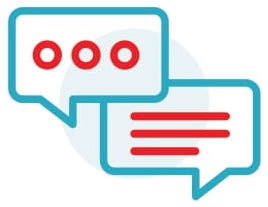
Healthcare Translations Must Prioritize Patient Needs
Non-English-speaking patients require clear instructions and care plans in their preferred language. High-quality translations will also take patient anxiety into account, reassuring readers through the use of comforting language, including idioms (or euphemisms), regional expressions, and cultural touchstones.
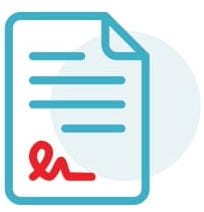
Medical Translations Must Prioritize In-Depth Medical Knowledge
Translating documents created by medical professionals for medical professionals requires in-depth technical knowledge of medical practices and processes in countries other than the United States. This ensures patient medical records are translated in ways that appropriately and accurately provide geographical context to medical practices.
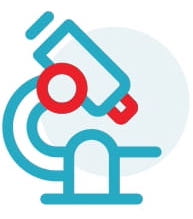
Life Sciences Translations Must Prioritize Clarity
Life science translations need to prioritize clarity of methods and dissemination of academic and research knowledge to appeal to academic audiences, biotechnology experts, medical device developers, and other stakeholders. These audiences demand attention to detail, high-level methodology descriptions, and a rigorous replication of data and interpretation.
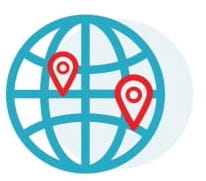
Pharmaceutical Translations Must Prioritize Global Accessibility
Pharmaceutical translations are essential for drug development companies and clinical research organizations looking to expand into new markets. Translations need to be clear and accurate to meet regulatory standards and provide regionally relevant information to regulatory agencies, clinical trial participants, pharmacists, providers, and patients.

The Importance of Specialist Knowledge
Avoiding miscommunication through clear, accurate, and culturally aware translations is critical in every sector, but arguably more so in the fields of medicine where patient health, regulatory compliance, and brand reputation can all be at risk. The right translation provider will not simply understand the differences between healthcare, medical, life sciences, and pharmaceutical translations. It will also have the necessary specialists and knowledge to prioritize your different target audiences today and in the future. To find out more, visit our dedicated industry pages or email [email protected].
